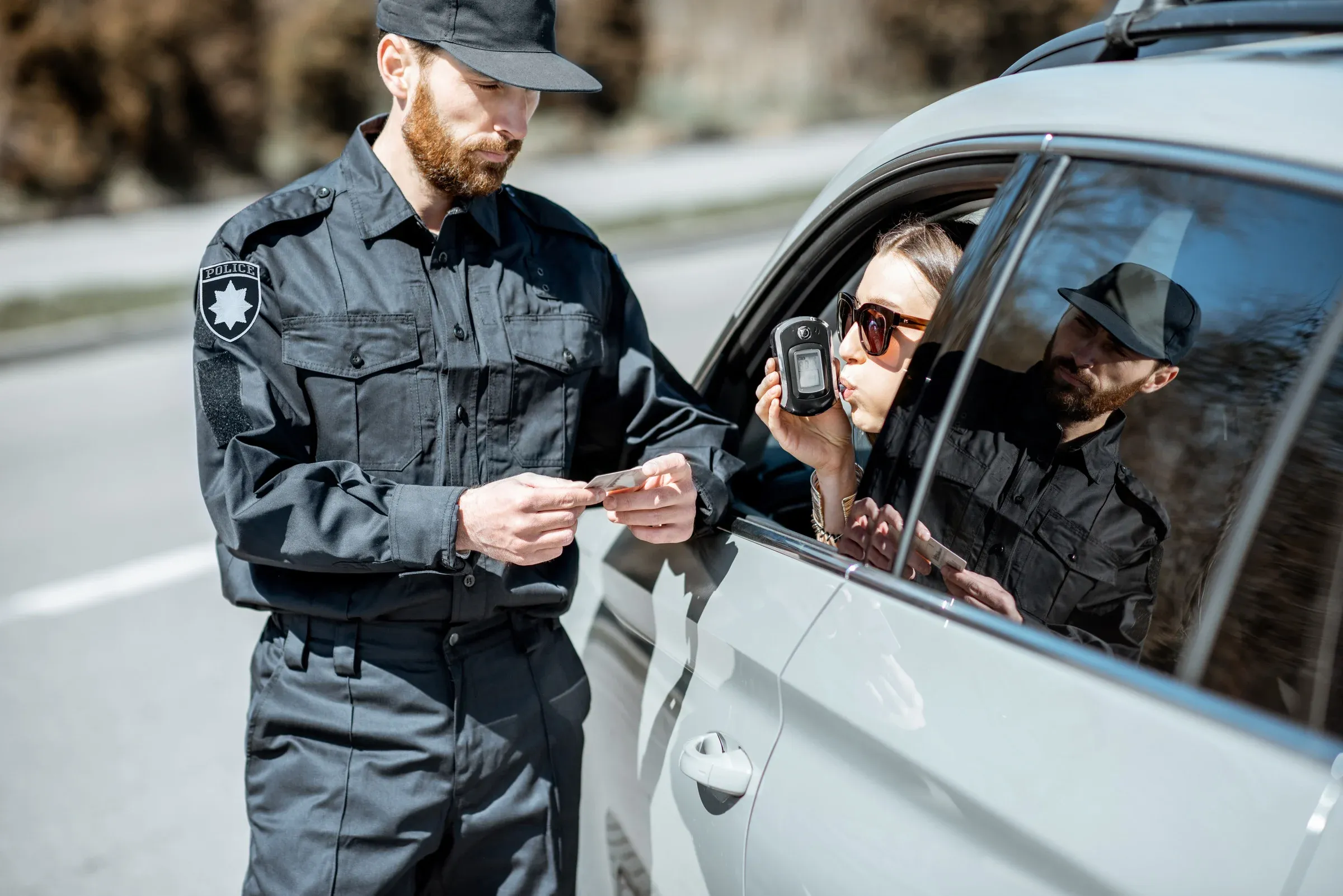
Refusing a Breathalyzer Test in Florida: Understanding Your Rights and the Consequences
Choosing to refuse a breathalyzer test in Florida can have immediate and serious consequences under the state’s Implied Consent Law. If you’re facing a DUI charge or questioning your rights around a breath test refusal, understanding how this decision affects your license suspension and criminal case is important. Many drivers encounter these issues after an arrest—see our DUI Defense page for strategies to fight back, or visit our Criminal Defense overview for broader legal support. Knowing your obligations under Florida law can make the difference between a manageable case and a severe outcome.
What Does Refusing a Breathalyzer Test in Florida Mean?
Florida operates under the Implied Consent Law, which states that any driver who holds a valid license automatically consents to chemical testing—such as a breath, blood, or urine test—if lawfully arrested for DUI. Refusing a breathalyzer test means declining to provide a sample to measure your blood alcohol concentration (BAC) after being detained for suspected impaired driving.
Key Points of Florida’s Implied Consent Law
| Requirement | Description |
|---|---|
| Who it applies to | Anyone driving with a valid Florida license |
| Required tests | Breath, blood, or urine when requested lawfully for DUI investigation |
| Penalties for refusal | Automatic license suspension, admissible in court, possible misdemeanor for repeat refusal |
Immediate Consequences of Breathalyzer Refusal in Florida
When you refuse a breathalyzer test, administrative penalties begin immediately—even before your court date. The Florida Department of Highway Safety and Motor Vehicles (FLHSMV) enforces these consequences regardless of whether you are later convicted of DUI:
- First Refusal: One-year driver’s license suspension.
- Second or Subsequent Refusal: Eighteen-month suspension and possible misdemeanor charges for repeat offenders.
- Use in Court: Prosecutors can introduce your refusal as evidence suggesting you were attempting to hide intoxication.
For next steps after an arrest, read What to Do Immediately After a DUI Arrest in Florida.
Can You Legally Refuse a Breathalyzer in Florida?
While you technically can refuse a test, you cannot do so without consequence. Refusal activates penalties under the implied consent law, even if you were not impaired. In some circumstances—particularly after an accident involving injury or death—officers can obtain a warrant for a blood draw.
Possible Legal Exceptions and Defenses
- Unlawful Stop: If the officer lacked probable cause, all resulting evidence may be suppressed.
- Physical Inability: Medical conditions preventing breath samples must be clearly communicated and documented.
- Improper Police Procedure: Failure to follow required protocol can invalidate the request for testing.
For additional legal context, visit the Miami-Dade County Courts website to review local case procedures.
Long-Term Impacts: License Suspension and Criminal Consequences
If your license is suspended due to breathalyzer refusal, you have 10 days from the date of arrest to request a formal review hearing with the FLHSMV. Missing this deadline could permanently affect your ability to contest the suspension.
Visit our Driver’s License Restoration page for step-by-step instructions on challenging a suspension and regaining driving privileges.
It’s important to know:
- Refusing a breathalyzer does not prevent a DUI conviction—refusal can be used as evidence in court.
- Repeat refusals may result in additional criminal charges and enhanced penalties.
- Insurance rates can increase or coverage may be dropped after an administrative suspension.
Learn more about penalties and procedures under the Florida DUI Statute (F.S. 316.193).
Protect Your Rights After a DUI Arrest
If you refused a breathalyzer in Florida, don’t face the consequences alone. The Mayersohn Law Group can help you fight your suspension, challenge the legality of your stop, and build a strong defense for your DUI case.
- Request a Free Consultation
- Learn more about DUI Defense in Fort Lauderdale
- Explore related topics: DUI Lawyer
Legal References: F.S. §316.1932 (Implied Consent) • F.S. §316.193 (DUI Penalties) • Florida Highway Safety and Motor Vehicles.





